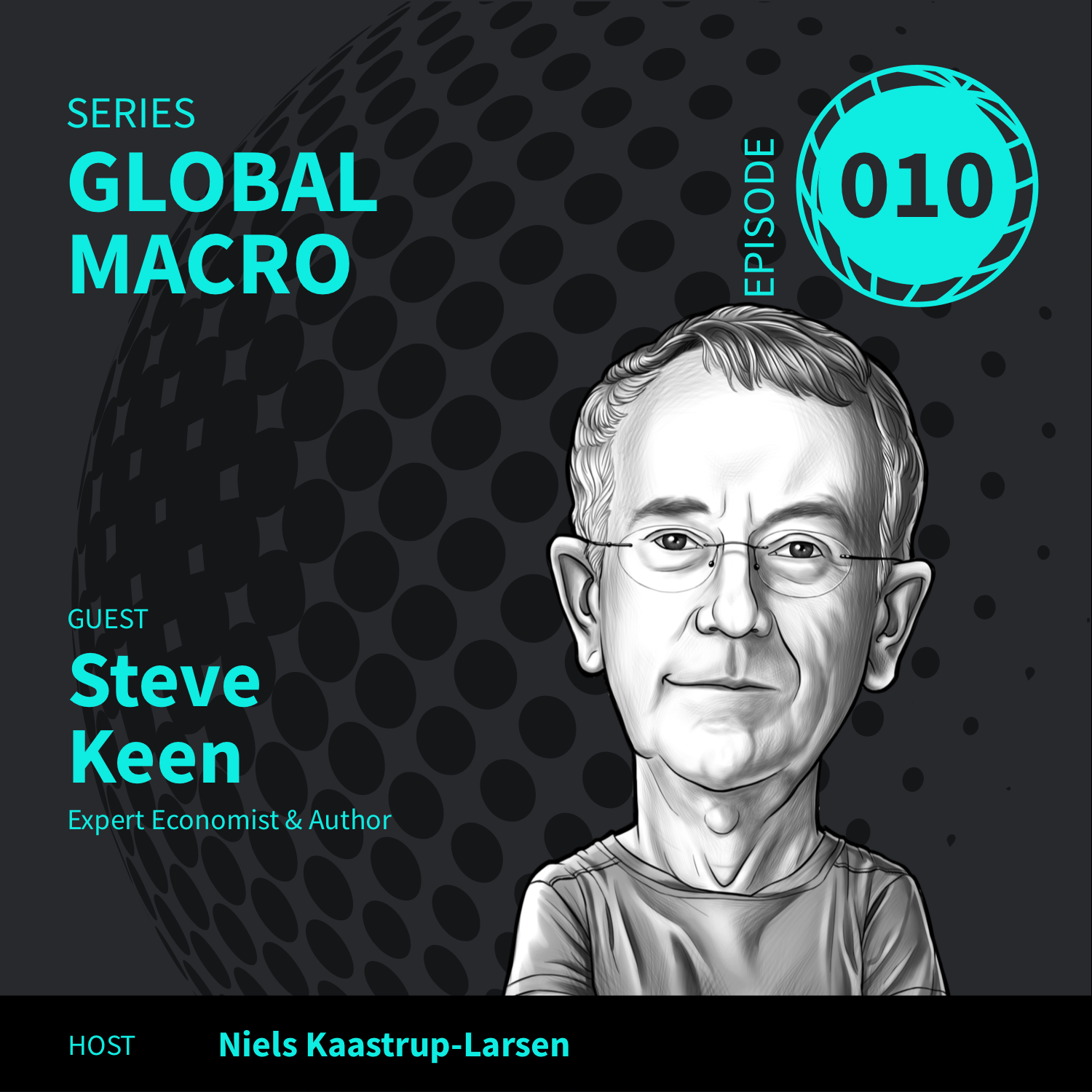- Business
- Investing
- SEE MORE
- classical
- general
- talk
- News
- Family
- Bürgerfunk
- pop
- Islam
- soul
- jazz
- Comedy
- humor
- wissenschaft
- opera
- baroque
- gesellschaft
- theater
- Local
- alternative
- electro
- rock
- rap
- lifestyle
- Music
- como
- RNE
- ballads
- greek
- Buddhism
- deportes
- christian
- Technology
- piano
- djs
- Dance
- dutch
- flamenco
- social
- hope
- christian rock
- academia
- afrique
- Business
- musique
- ελληνική-μουσική
- religion
- World radio
- Zarzuela
- travel
- World
- NFL
- media
- Art
- public
- Sports
- Gospel
- st.
- baptist
- Leisure
- Kids & Family
- musical
- club
- Culture
- Health & Fitness
- True Crime
- Fiction
- children
- Society & Culture
- TV & Film
- gold
- kunst
- música
- gay
- Natural
- a
- francais
- bach
- economics
- kultur
- evangelical
- tech
- Opinion
- Government
- gaming
- College
- technik
- History
- Jesus
- Health
- movies
- radio
- services
- Church
- podcast
- Education
- international
- Transportation
- Other
- kids
- podcasts
- philadelphia
- Noticias
- love
- sport
- Salud
- film
- and
- 4chan
- Disco
- Stories
- fashion
- Arts
- interviews
- hardstyle
- entertainment
- humour
- medieval
- literature
- alma
- Cultura
- video
- TV
- Science
- en
GM10: MMT, Global Warming and the Uniqueness of the 2020 Crisis ft. Steve Keen

b'We are extremely honoured to welcome Steve Keen, the legendary Australian economist, to our podcast today. Steve is one of the leading critics of mainstream economics, and in our conversation provided a valuable alternative perspective to some of the critical issues facing us today. As you might expect, we did spend time discussing the COVID crisis and the potential policy options for addressing its economic effects, but we also touched on a range of other topics, from climate change to digital currencies, as well as giving Rob the opportunity to ask Steve about Brexit.\\n\\t\\n\\tTopics Discussed in this Episode\\n \\n\\nCOVID crisis as a demand and supply shock\\nDeflation\\n\\n"I have expected deflation right from the very beginning of the \'87 crisis, when I first started modelling financial instability, because we have an excessive level of private debt."\\n\\nModern Monetary Theory (MMT)\\n\\n"One of the problems that we have about understanding this crisis is about understanding money itself. We are continually getting it wrong."\\n\\nThe Wealth Effect\\u2019 vs free markets\\n\\n\\u201cA big difference that can actually have them \\u201csucceed\\u201d in causing inflation is that instead of a lot of this QE winding up in asset prices and winding up in the financial system, a lot of it is getting injected into the economy in the form of business loans that turn into grants and helicopter money to consumers, extra unemployment benefits...\\u201d\\n\\nFiat and Gesselian currencies\\nCentral bank digital currencies\\n\\n"I was hoping that the Russians and the Chinese would get together and form a currency basket system. The one thing I can say in favor of Donald Trump is he has accelerated discussions by central banks around the world about the need for, potentially, a basket of currencies; basically a version of SDRs to be for international trade as well."\\n\\nThe Euro\\n\\n"The Euro, itself, has become part of a symbol of Europe, and people like the fact that they can travel between one country and another and not have to change their bank accounts, or their banknotes, and so on. So, even the Italians, who I have said have economically suffered more than anybody...and they have been forced into austerity... Even the Italians are being wedded to it."\\n\\nClimate Change\\n\\n"What is actually causing the increase in GDP is increase in energy. We have a high level of GDP because we use more energy. The correlation coefficient between energy consumption and GDP, at the global level, is .997."\\n\\nGovernment Debt and Deficits\\n\\n\\u201cThe idea that government debt is a problem is a problem of understanding what government debt is. We know what the Federal Reserve can do with its keystrokes. If it decides to cancel that debt, it can cancel that debt. It can buy back all the government debt outstanding tomorrow and it could cancel it the day after.\\u201d\\n\\tLinks\\nCatch up with Steve and learn more about his work:\\nSteve Keen\\n\\nFollow Niels, Moritz, Lyn on Twitter:\\nNiels Kaastrup-Larsen\\nMoritz Seibert\\nRob Carver\\n\\tSubscribe on:\\n\\n\\tFull Transcript\\nThe following is a full detailed transcript of this conversion. Click here to subscribe to our mailing list, and get full access to our library of downloadable eBook transcripts!\\n\\tSteve: I think one of the most sensible ideas about money was Gesell\'s idea that money should depreciate. He was focusing on money as a means of transactions, a means of payment. If you have a money system where people are focused upon hoarding, what you get is a slowdown in the effectiveness of money as a means of payment.\\n \\nI think you all know the story of the town of W\\xf6rgl, in Austria, during the Great Depression. Are you aware of that?\\n \\nMoritz: Yeah,'